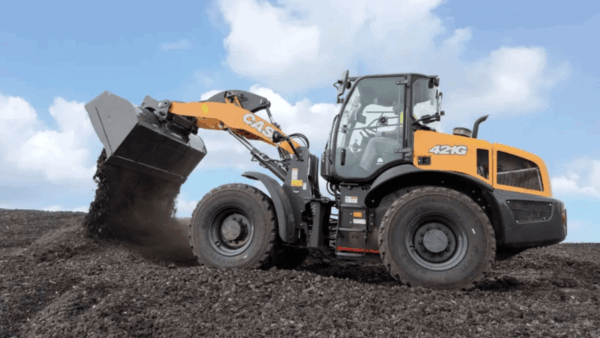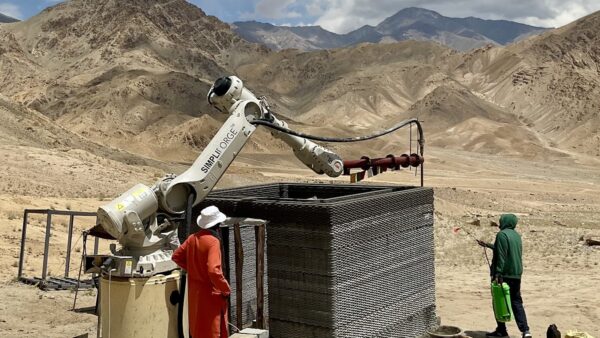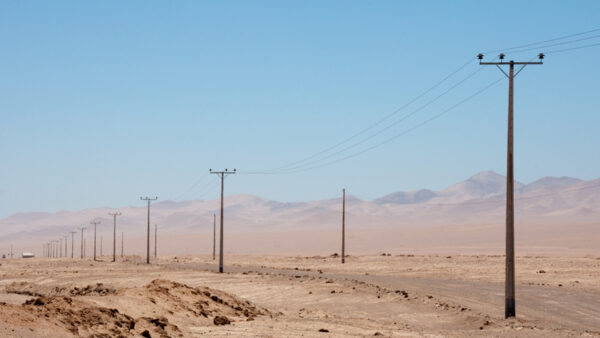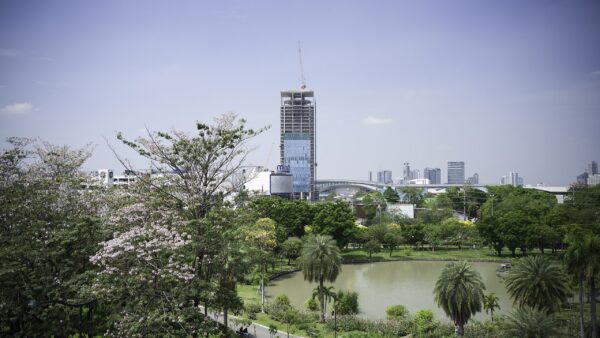One of the US companies racing to commercialise Elon Musk’s Hyperloop concept announced this week that it will run a test involving all the system’s main technologies within the next three months.
The test will involve setting up a 500m track at the Apex industrial estate in North Las Vegas.
Nick Earle, Hyperloop One’s senior vice president of field operations, said the aim was to bring four elements of the design together: the tube, the vacuum, the linear motor and the passive maglev. The test would aim to levitate a pod, accelerate it and slow it down.
Earle told the Las Vegas Review-Journal that the initial tests would be fairly modest. “Bear in mind, the Wright brothers’ plane went for 120 feet the first time it flew,” he said.
The pod will probably travel at less than full speed in the first tests – it has been suggested that the Hyperloop will have a final operational speed of rather more than 1,000km/h, so it would cover a distance of 500m in around 1.8 seconds. However, the team plans to extend the length of the track to a few kilometres.
Although elements of the design have been tested, and much of the Hyperloop is uses existing engineering, Earle said that nobody had proved it is possible to “create levitation at a very high speed in a tube with barely any electricity”.
He said that once that was proved, it was a case of “working with the components to bring the price down”.
“Right now,” he added, “it’s about half the price of high-speed rail.”
He said the company is aiming to have a full Hyperloop system operational for freight use by 2020.
The state of Nevada awarded Hyperloop One $10m in tax breaks to locate to Las Vegas last May. The company has since built an open-air track to test its technology.
Image: Work under way fabricating the ‘Loop in Las Vegas (Hyperloop One)
Further Reading:
Comments
Comments are closed.











Fantastic progress